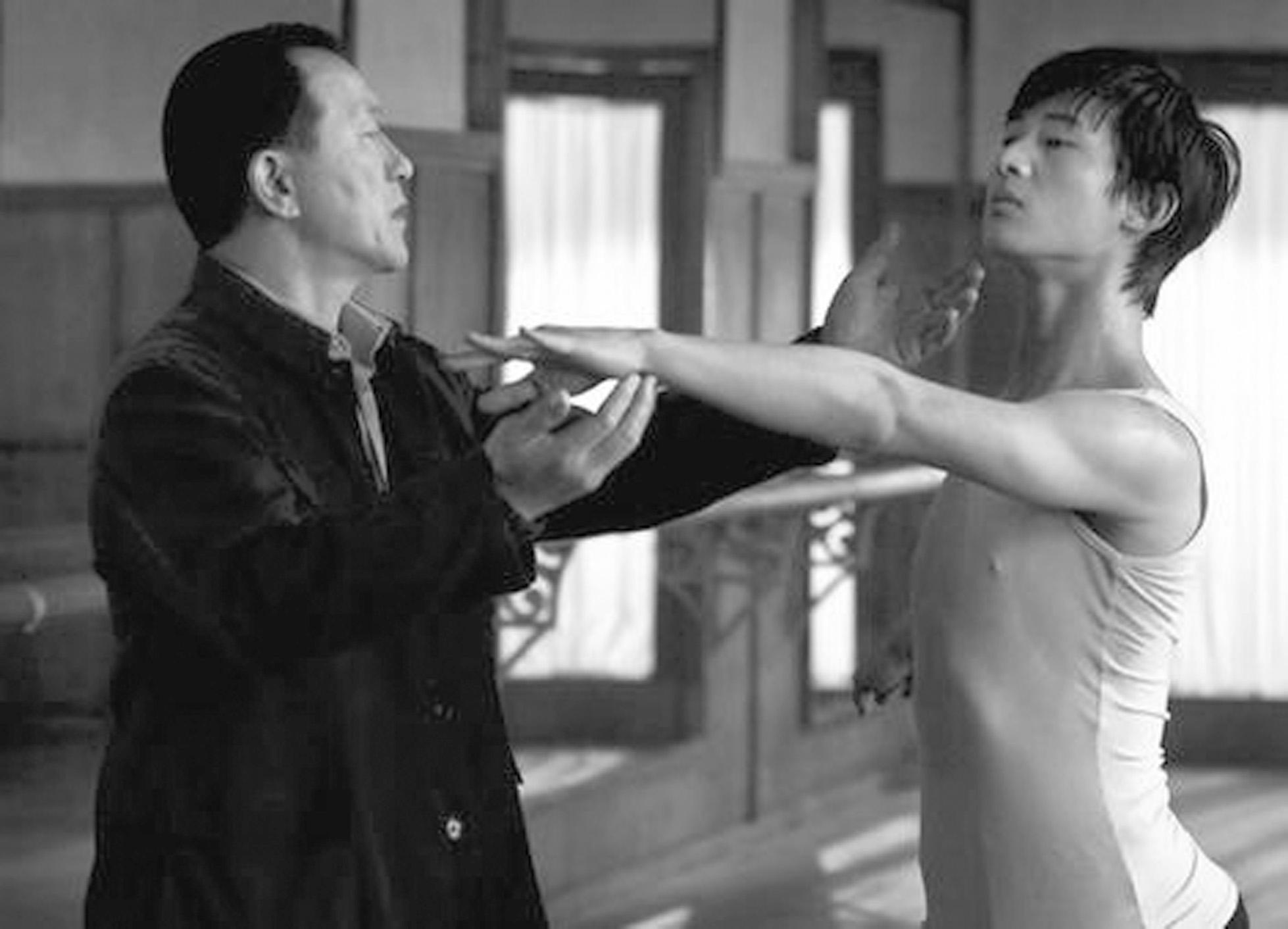Mao’s Last Dancer is a wholly mediocre film devoid of any personality or artistry. It might even be pathetic, except it fails to inspire pathos – only ennui.
The film is biopic of Li Cunxin, a master ballet dancer, and is based on his autobiography of the same name. Li was a born in 1961 to a peasant family in a small farming village in rural China. At age 11, during the midst of China’s Cultural Revolution, Li was selected by government talent scouts to attend the Beijing Dance Academy. In 1981, Li was chosen to attend the Houston Ballet Company as an exchange student for the summer.
In America, Li dances, absorbs capitalist culture, and finds an American girlfriend. But disaster soon strikes when, the night before the Company’s big premiere, the lead dancer is injured, and Li must take his place. Li’s debut is received fantastically, and he quickly becomes the exotic delight of the culturally elite and effete alike. As Li soars into stardom, the Chinese government demands his return, lest he fall prey to capitalistic influences. Utterly loathing this idea, Li meets with an attorney and, based on his advice, marries his girlfriend.
Li goes to the Chinese embassy to personally inform the ambassador of his decision and is detained against his will. The press gets wind of the hostage situation, sparking a 21-hour face-off between the U.S. and China over Li’s fate. Bowing to international pressures, the Chinese government allows Li to remain in America but revokes his Chinese citizenship. The rest of the film, and, by extension, Li’s life, is falling action. Li divorces, dances, remarries, and eventually returns to China to visit his family.
Li’s story is very unique and interesting, but the film manages to make it seem trite and dull. Almost all the characters are little more than shallow sketches of the people they represent. Li alone has any depth, and even that is poorly conveyed by actor Chi Cao. It seems everyone else in the film exists merely to move the plot forward. But, since this is a true story, it is a grudging existence, as though director Bruce Beresford felt obligated to tell the story accurately rather than engagingly.
For instance, Ben Stevenson, who visited China, arranged for Li to visit America, selected him to replace the lead dancer, let Li live at his house, and helped Li navigate American culture, is portrayed by Bruce Greenwood simply as an old, white male with a pretentious affectation to his voice. Under almost any other director, he would have become Li’s guide and mentor or at least the embodiment of capitalism, as he seems to care more about the success of the Houston Ballet Company than the people comprising it. Instead, he flits into the story when his presence is required and flits back out just as quickly.
But even more egregious than the complete lack of character development is the absence of any thematic maturity. The film’s only metaphor is the story of a Chinese boy who, to fulfill his desire to be an archer, carries heavy logs for a year until the bowstring feels as light as a feather. Similarly, Li works doggedly to improve his dancing, but it happens so quickly that the audience soon forgets dancing was ever a challenge for Li. Indeed, one never feels as though Li enjoys dancing, and his performances soon become boring background noise.
At the end of the film, Li returns home and dances with his wife in front of the town; as a final gesture, they pull back an imaginary bow and let the phantom arrow sail into the wind. And you realize that finally, although swamped in endless and interminable details of Li’s life, the movie has ended reminding you bluntly of its one metaphor, and you may emerge victorious from the theater. You are the true hero of this film.
What can one do with a movie where the characters are flat, the story is simple, and the directing is uninspired? Go see another film instead.


